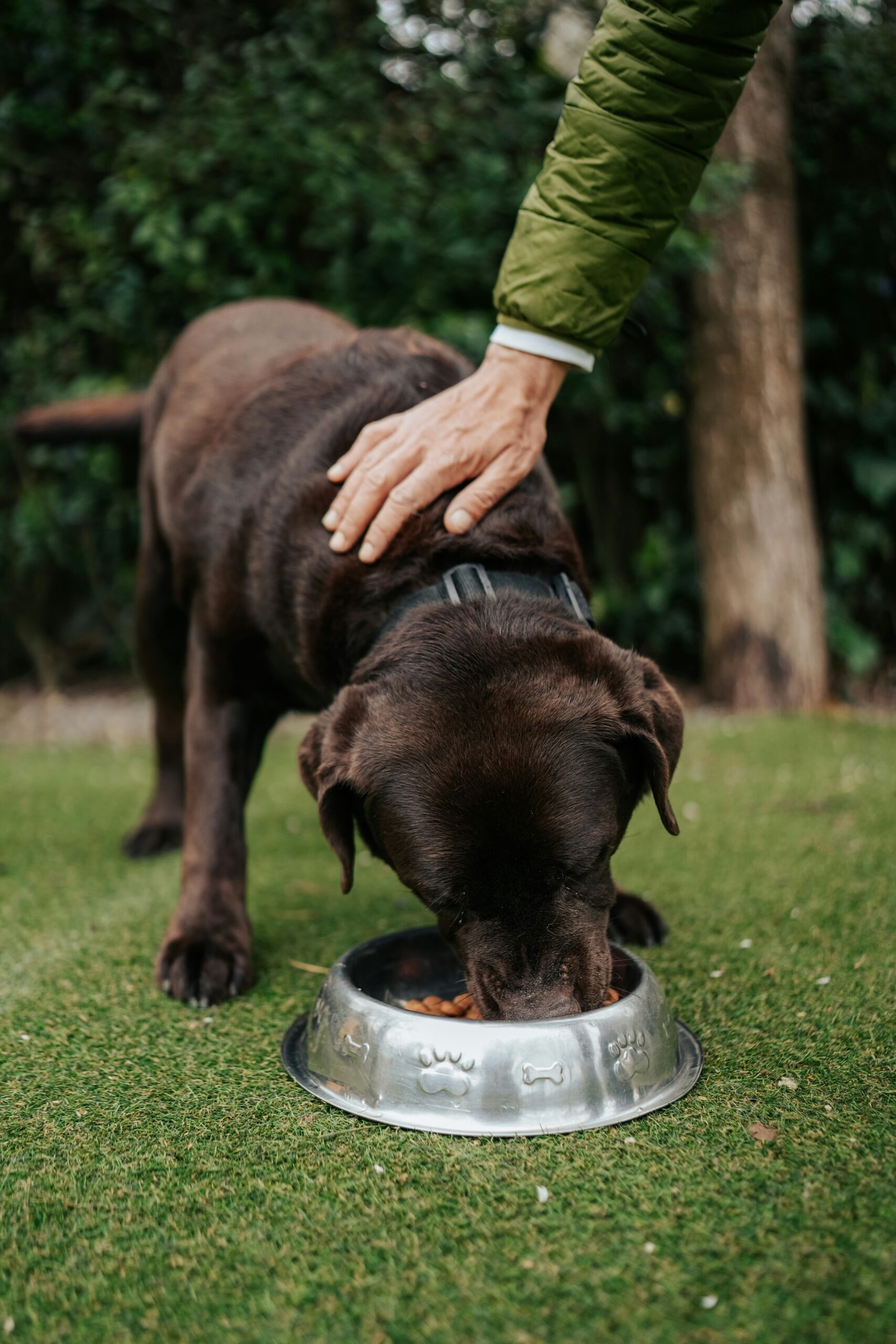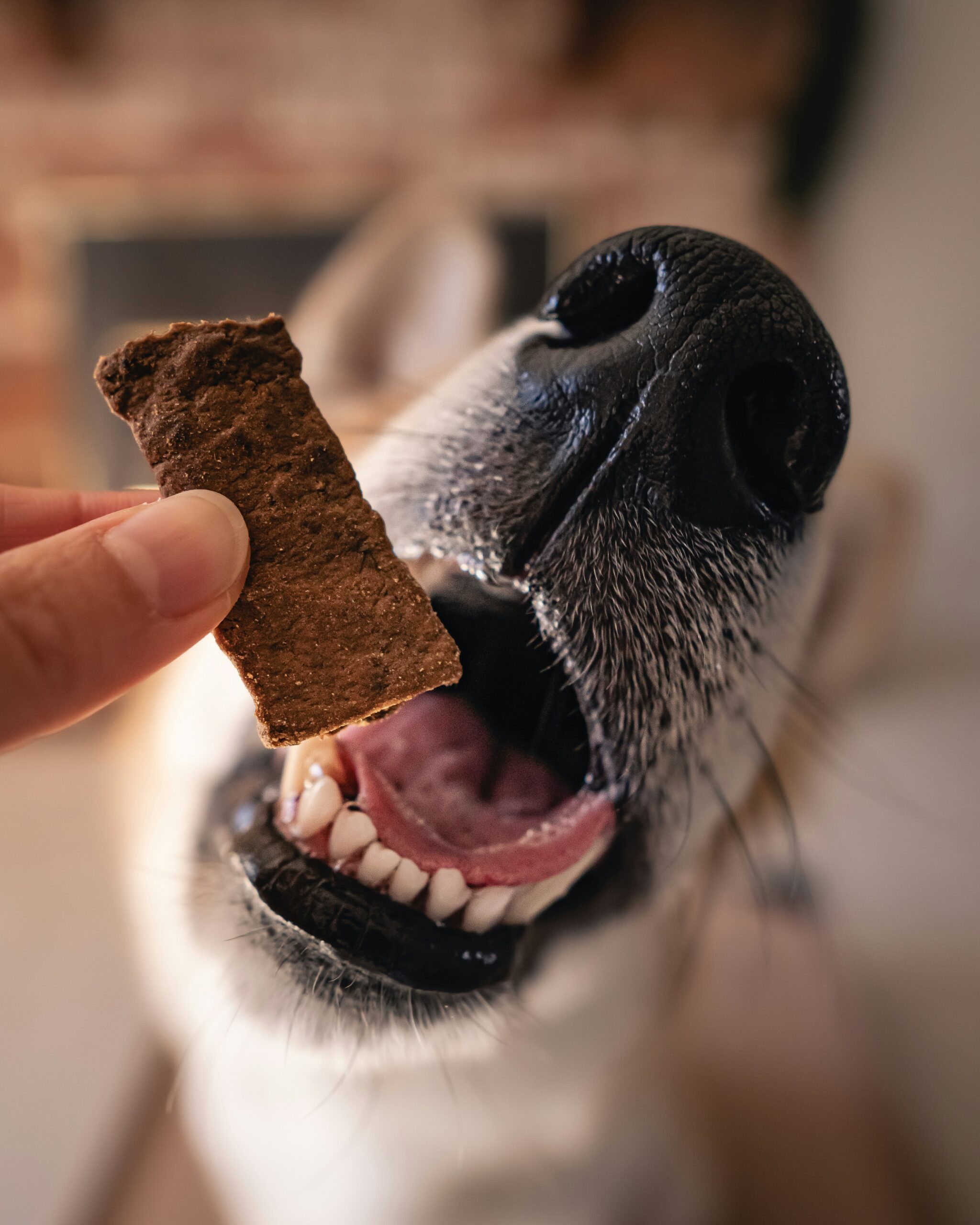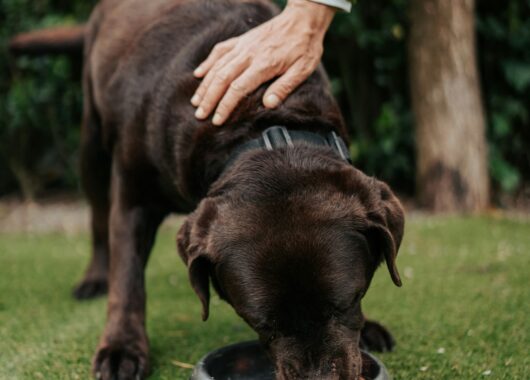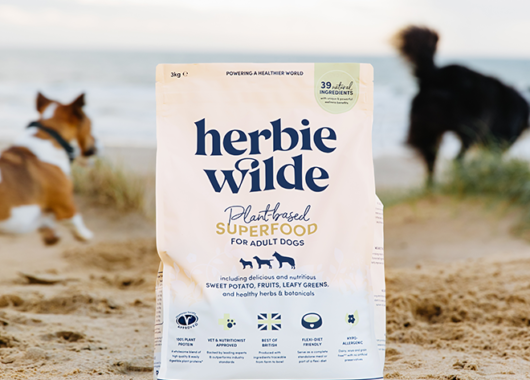Prebiotics vs. Probiotics: What’s best for your dog?

A DEEP DIVE INTO MIRCOBIOME HEALTH & NATURAL SOLUTIONS
Let’s talk more about gut health. It’s being acknowledged as a big factor in determining human health with the discovery of new links and understandings still ongoing. For example, recent studies have highlighted the role of the gut microbiome in Long COVID. This is where symptoms like fatigue, brain fog, and gastrointestinal upset linger for weeks or months after the initial infection. It’s been discovered that an imbalance in gut flora can cause ongoing inflammation and immune system dysfunction. This fact makes gut health a key area of interest in managing recovery.
Gut health is also gaining attention in neurological conditions like Parkinson’s disease. New research suggests that changes in the gut microbiome and inflammation in the digestive tract may occur years before classic physical symptoms develop. So supporting gut health could be an important piece of the prevention and treatment puzzle.
And researchers are discovering the importance of a healthy gut microbiome for dogs too – it turns out our dogs share more with us than just the couch. Their gut microbiome plays a huge role in their overall health, just like ours. As I mentioned in the previous blog, the canine gut is home to trillions of microbes that help with digestion, immune function, and even mood regulation. Studies have linked imbalances in the microbiome (known as dysbiosis) to issues like allergies, obesity, chronic diarrhea, and even anxiety in dogs.
It’s so interesting to discover how similar the gut-brain and gut-immune connections are between dogs and humans. Just like in people, a diverse (lots of different species of bacteria are present), well-balanced gut microbiome in dogs is now seen as a cornerstone of good health – and that’s where prebiotics and probiotics come in.
Maybe you’ve noticed “prebiotics” or “probiotics” popping up on pet food labels, in supplement ads, or on the side of your dog’s treat packet. But what actually are they? How can you best support your pup’s gut without getting lost in a sea of jargon and powdery supplements?
It’s way more interesting (and important) than it sounds.

WHAT EXACTLY IS THE GUT MICROBIOME?
Imagine a tiny, bustling city living inside your dog’s digestive tract – trillions of bacteria, yeasts, and other microbes all working around the clock to keep things running smoothly. Each microbe has its own job: some help break down food, others produce vitamins, and many act as defenders, stopping harmful bugs from taking over. It’s a delicate ecosystem, and when it’s in balance, it supports everything from digestion to immune defense to mood. These microbes thrive in the nutrient-rich environment of the gut, feeding on fibers and compounds the body can’t digest on its own. And in return, they give back in several important ways: producing short-chain fatty acids, keeping inflammation in check, and even helping the brain stay calm and focused.
This internal ecosystem helps with:
- Nutrient absorption – making sure they get the most out of their food
- Immune function – about 70% of the immune system hangs out in or near the gut
- Skin health – yes, really!
- Mood and behaviour – because of the gut-brain axis (yes, dogs have one too)
When your dog’s microbiome is balanced and diverse, they’re more likely to be happy, healthy, and energetic. But when it’s out of whack? Cue the itchy skin, loose stools, bad breath, and unpredictable behaviour.
PREBIOTICS 101: FUEL FOR GUT BACTERIA
So, what are prebiotics?
In simple terms, they’re special types of non-digestible fibres that act as food for the good bacteria already living in your dog’s gut. Think of them as fertiliser for that microbial garden – without them, those beneficial bugs can’t flourish.
Why they matter:
- They help maintain balance in the microbiome.
- They support digestion and immune health.
- And they lay the groundwork for probiotics to work well.
Some natural prebiotics you might spot in high-quality dog food:
- Burdock root
- Jerusalem artichoke
- Apples
- Sweet potato
Herbie Wilde heroes? Chicory extract (a rich source of MOS and FOS), apple fibre, alfalfa, and more. These gentle, plant-based fibres keep your dog’s gut bacteria fuelled and thriving.
PREBIOTICS 101: THE FRIENDLY BACTERIA
And now for the other piece of the puzzle – probiotics.
Probiotics are live, beneficial bacteria that you can introduce into your dog’s gut, often through supplements or specially made treats. They’re like sending in reinforcements when your dog’s gut needs a helping hand.
When can probiotics help?
- After a course of antibiotics
- During stressful periods (travel, moving house, new puppy at home)
- During or after a bout of tummy upset
But here’s the thing: probiotics are a bit… delicate. They don’t always survive the manufacturing process of dry kibble, and many need refrigeration to stay alive. That’s why shelf-stable probiotic supplements or fresh, dog-specific strains are usually your best bet if your dog genuinely needs them.

PREBIOTICS VS PROBIOTICS: WHAT’S THE DIFFERENCE?
Here’s a quick side-by-side to make it easy:
| Prebiotics | Probiotics | |
| What they do | Feed existing good bacteria | Add new beneficial bacteria |
| Found in | Fibres (fruits, veg, herbs) | Supplements, fermented foods |
| Stability | Very stable (great in dry food) | Delicate, often need refrigeration. |
| Do dogs need them daily? | Yes, in most cases | Not always – only when needed |
So, do dogs need both? Sometimes. But if your dog’s already eating a gut-friendly, fibre-rich diet, you might not need to supplement with probiotics every day.
NATURAL GUT HEALTH – THE HERBIE WILDE WAY
At Herbie Wilde, they’re pretty obsessed with gut health. It’s why their plant-powered recipes are packed with 39 different ingredients. Not to pad out the label – but to feed the microbiome with the diversity it needs.
Our ingredients like:
- Chicory
- Sweet potato
- Apples
- Blueberries
… aren’t just tasty – they’re doing serious work behind the scenes to balance your dog’s gut bacteria and support overall wellbeing.
And because they only use clean, ethically sourced ingredients, there’s nothing in there to upset the gut or cause inflammation.
WHEN PROBIOTICS MIGHT STILL BE HELPFUL
There are times when a little boost from probiotics can make all the difference:
- After antibiotics – because antibiotics can wipe out both good and bad bacteria
- During big life changes – like moving, new pets, or holidays
- Tummy trouble – diarrhoea, gas, or digestive upset
Look for products with dog-specific strains (like Lactobacillus acidophilus or Bifidobacterium animalis) and avoid anything that doesn’t clearly list the strains and amounts.
And always opt for vet-approved options – your dog’s gut isn’t the place to guess.
THE TAKEAWAY – IT’S ALL ABOUT BALANCE
At the end of the day, good gut health doesn’t have to mean expensive powders or endless supplements.
Start with a diverse, high-quality diet rich in natural prebiotics and you’ve already laid a brilliant foundation. For most dogs, that’s enough to keep their microbiome humming along nicely.
And if you do need to bring in probiotics occasionally? That’s fine too – just make sure they’re the right kind, at the right time.
Because behind every tail wag is a gut that’s working hard to keep your dog feeling their best.

Share:


